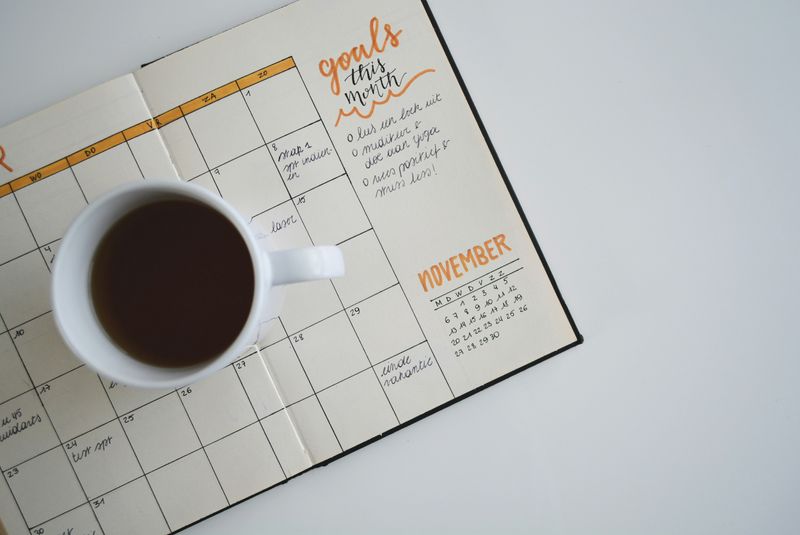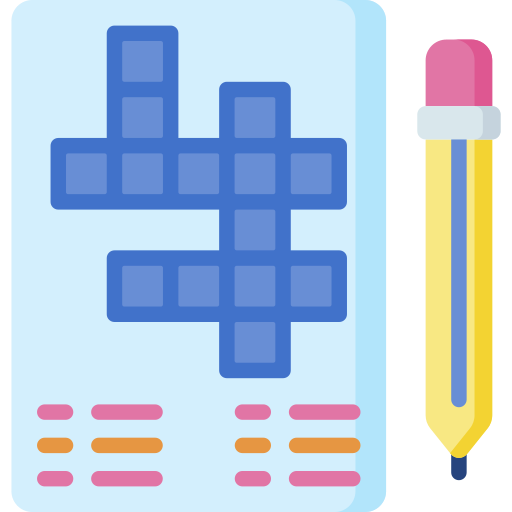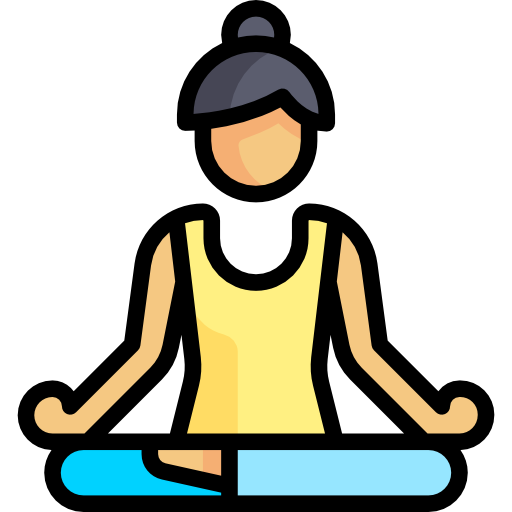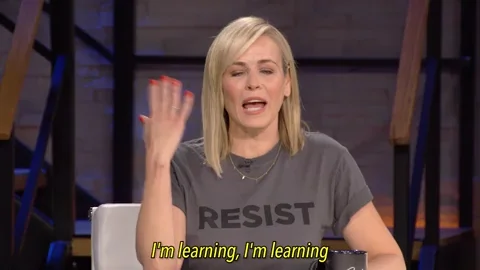
This logo isn't an ad or affiliate link. It's an organization that shares in our mission, and empowered the authors to share their insights in Byte form.
Rumie vets Bytes for compliance with our
Standards.
The organization is responsible for the completeness and reliability of the content.
Learn more
about how Rumie works with partners.
Are you struggling to find strategies that work best for you during your studies?
Are your friend's learning strategies not giving you higher grades?
 Photo by JESHOOTS.COM on Unsplash
Photo by JESHOOTS.COM on UnsplashDon't worry! I got you. When I was studying at university, I found the following steps most effective in building up my own learning strategies. They helped me better understand course material and improved my grades.
Step 1: Get to know yourself better
There were so many new things to get to know, but looking back, understanding my own personality was significant. Knowing yourself better allows you to tailor your approach to match your unique strengths, weaknesses, and preferences, and it's ALWAYS a useful tool.

Consider experimenting with these things:
Reflect on yourself by making notes about your likes and dislikes, and the most enjoyable ways for you to memorize new things.
100 student reflection questions can lead to self-discovery. Asking questions like, "What are my strengths and weaknesses?" will help you gather more information about your study needs.
Step 2: Know your GOALS
As I discovered more about my personality during my studies, I felt the need to define both my short-term and long-term academic goals.
In my case, the short-term goals involved achieving better grades in business management. I planned to achieve this by creating flashcards and practicing for 10 minutes every day over the next 3 months.
Check out how to set and achieve SMART goals.
Specific
Measurable
Achievable
Relevant
Time bound
 Photo by Estée Janssens on Unsplash
Photo by Estée Janssens on UnsplashQuiz
"Lisa wants to take research notes more precisely ____." Finish this sentence by choosing the elements she needs to create an appropriate SMART goal.
"Sometime in the future" isn't a clear timeline, unlike "per week". "By writing more often" isn't specific or measurable. "By summarizing one reading" makes her goal specific, and "in one page or less" makes it measurable.
Step 3: Pamper your body and mind
During my preparations for the exams in my second semester, as anxiety set in at the university, I had to realize that taking care of my mind was as important as pampering my body. So I can't emphasize this enough, but you actually NEED:

A break from screens and social media. It refreshes your mind, helping you focus on what matters most to you.

Brain games like crossword puzzles. Regular engagement in activities that challenge memory recall can contribute to better information retention during study sessions.

Attendance at cultural events with your classmates like theatre performances, and art exhibits. It helps you recharge, positively impacting both your well-being and academic performance.

Mindful meditation: It involves training the mind to focus on the present moment, enhancing concentration and attention, which are crucial for effective studying.
Step 4: Practice more building techniques

Develop a weekly schedule that includes dedicated time for classes, study sessions, and other commitments. Use a free digital planner app like Google Calendar or ClickUp.
Use different resources like attending workshops or joining study groups for inspiration and guidance.
Recognize the importance of breaks and adequate sleep. For instance, follow the Pomodoro Technique. Study for 25 minutes, then take a 5-minute break.
Did you know?
One of the most effective learning strategies can be having a study buddy. You can take turns being the "teacher" who passes on their knowledge to others while deepening it at the same time.
Take Action

Remember, effective learning strategies are often unique to each person. It's crucial to experiment with different techniques and customize your approach based on what works best for YOU.
This Byte has been authored by
Anett Tenke
Learning Designer/ESOL instructor